Your diet could be one of your best tools for protecting your brain as you age. While there’s no single food that can prevent dementia, research shows that certain foods may help support brain health, fight inflammation, and protect memory over time. Adding these nutrient-rich choices to your meals doesn’t require expensive supplements or trendy diets—just simple, everyday foods you can easily find at the grocery store. From colorful berries to leafy greens and healthy fats, these powerful options may help lower your dementia risk naturally. Here are 12 foods you should start eating to help protect your brain.
1. Fatty Fish
Salmon, sardines, and tuna pack a powerful punch against brain aging. These underwater treasures contain omega-3 fatty acids that work like natural brain-protectors, fighting inflammation that can damage brain cells.
Your brain actually contains lots of these same healthy fats, so eating fatty fish helps replenish what your brain needs to function properly. Many studies show people who eat fish regularly have slower rates of mental decline.
Try enjoying grilled salmon twice weekly or adding canned sardines to your lunch. Even a tuna sandwich counts toward boosting your brain power!
2. Leafy Greens
Kale, spinach, and broccoli might not be everyone’s favorite, but your brain absolutely loves them! These green vegetables are loaded with vitamin K, folate, and beta-carotene that directly benefit brain cells.
Research from Rush University found people who ate just one serving of leafy greens daily had brains that functioned as if they were 11 years younger! The antioxidants in these veggies fight off harmful molecules that can damage your brain over time.
Start small by adding spinach to smoothies or enjoying a kale salad once a week to build this brain-healthy habit.
3. Berries
Blueberries earned their nickname as ‘brain berries’ for good reason! These colorful gems—along with strawberries and blackberries—contain special plant compounds called flavonoids that seem to strengthen brain connections.
Scientists at Harvard studied nearly 16,000 older adults and discovered those who ate the most berries delayed memory decline by up to 2.5 years. The deep colors in berries come from anthocyanins, powerful antioxidants that protect delicate brain cells from damage.
Sprinkle berries on cereal, blend them into smoothies, or enjoy them as a sweet afternoon snack for a brain boost!
4. Walnuts
Have you noticed how walnuts actually look like tiny brains? This might be nature’s way of giving us a hint! These crunchy treats contain alpha-linolenic acid, a plant-based omega-3 that supports brain cell function.
Walnuts also provide vitamin E and polyphenols that help fight oxidative stress and inflammation. One study found college students who regularly ate walnuts performed better on cognitive tests compared to those who didn’t.
A small handful (about 1/4 cup) daily provides brain benefits without too many calories. Try them sprinkled on oatmeal or yogurt for a satisfying crunch!
5. Whole Grains
Brown rice, oatmeal, and quinoa might not seem exciting, but they’re superstars for brain health! Unlike processed grains, these whole foods still contain their fiber-rich outer layers that slow down digestion.
This creates a steady release of glucose—your brain’s main fuel—instead of the energy spikes and crashes from white bread or sugary cereals. Whole grains also supply B vitamins that help form neurotransmitters, the chemicals your brain cells use to communicate.
Start your day with oatmeal topped with berries, or swap white rice for brown to give your brain the sustained energy it needs for peak performance.
6. Green Tea
For thousands of years, green tea has been treasured in Asian cultures—and modern science now confirms its brain benefits! This gentle stimulant contains L-theanine, which creates a state of alert relaxation without the jitters coffee sometimes causes.
Green tea’s secret weapon against dementia lies in its catechins, especially one called EGCG. These powerful compounds protect brain cells from damage and may even reduce the formation of beta-amyloid plaques associated with Alzheimer’s disease.
Replace one daily coffee with green tea, aiming for 2-3 cups spread throughout your day for maximum brain protection.
7. Turmeric
The vibrant yellow color in curry dishes comes from turmeric, a spice that’s been used medicinally for centuries. Its active ingredient, curcumin, crosses the blood-brain barrier where it directly benefits brain cells.
Researchers have discovered curcumin can help clear away protein tangles called amyloid plaques that are hallmarks of Alzheimer’s disease. It also reduces inflammation and oxidative damage throughout the brain.
Add a pinch to scrambled eggs, blend some into smoothies, or enjoy golden milk (turmeric mixed with warm milk and honey) before bed. Always include black pepper when cooking with turmeric—it boosts absorption by 2,000%!
8. Olive Oil
Extra virgin olive oil stands at the heart of the brain-healthy Mediterranean diet. This liquid gold contains oleocanthal, a natural compound that works similarly to anti-inflammatory medications but without side effects.
Scientists studying older adults found those consuming the most olive oil showed better memory performance and lower rates of cognitive decline. The monounsaturated fats in olive oil help maintain the structure of brain cell membranes while its polyphenols fight oxidative damage.
Use it as your main cooking oil, drizzle it over vegetables, or mix with lemon juice and herbs for a brain-boosting salad dressing!
9. Avocados
Often mistaken for a vegetable, this fruit delivers monounsaturated fats that maintain healthy blood flow—something your brain desperately needs since it can’t store oxygen. Better circulation means better thinking!
Avocados also provide lutein, a carotenoid linked to better cognitive performance. In one study, adults who ate an avocado daily for six months improved their working memory and problem-solving skills.
Beyond guacamole, try adding avocado slices to sandwiches, blending them into smoothies for creaminess, or using them as a nutrient-rich replacement for mayo in recipes.
10. Pumpkin Seeds
Don’t toss those seeds when carving your Halloween pumpkin! These crunchy morsels contain magnesium, a mineral many Americans don’t get enough of that helps control blood pressure and supports learning and memory.
Pumpkin seeds are also packed with zinc, vital for nerve signaling, and antioxidants that fight inflammation. Their high levels of copper help maintain the pathways that send signals between brain cells.
Roast them with a little olive oil and your favorite spices for a portable brain-boosting snack, or sprinkle them on salads and soups for extra crunch and nutrition.
11. Dark Chocolate
Finally, a treat that’s actually good for your brain! Dark chocolate with at least 70% cocoa contains flavanols that increase blood flow to the brain, potentially improving memory and processing speed.
These special compounds also reduce inflammation and may help prevent the clumping of proteins that occurs in Alzheimer’s disease. Researchers at Harvard found chocolate can actually help protect brain cells from damage.
Enjoy a small square (about 1 ounce) daily as your brain-boosting dessert. Remember—higher cocoa percentages mean more brain benefits and less sugar, so aim for the darkest variety you enjoy!
12. Beans and Legumes
Black beans, chickpeas, and lentils might not seem exciting, but they’re superstars for brain health! These humble foods contain a winning combination of complex carbohydrates and protein that provides steady energy to your brain.
The B vitamins in legumes, especially folate, help lower levels of homocysteine, an amino acid linked to cognitive impairment when levels get too high. Their high fiber content also supports healthy gut bacteria, which scientists now know communicate directly with the brain.
Add beans to soups and salads, enjoy hummus as a snack, or try plant-based meals featuring lentils several times weekly.
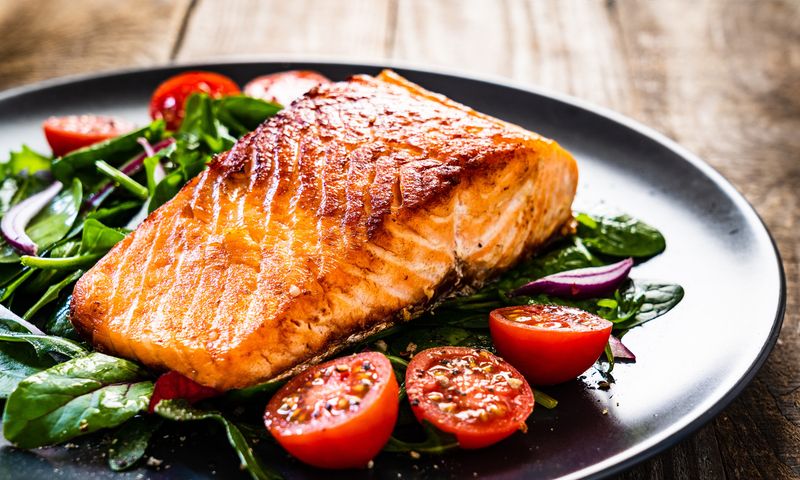
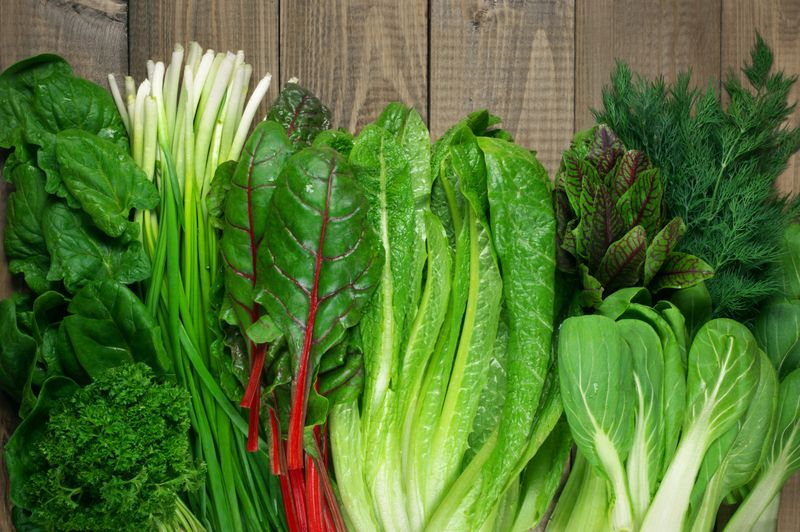
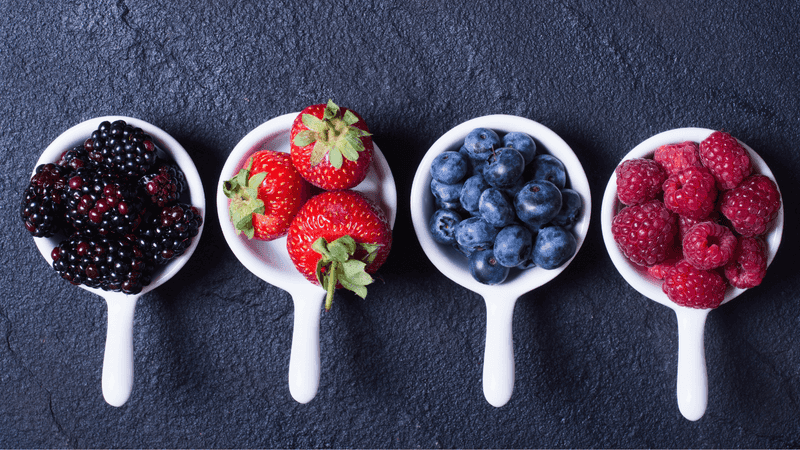
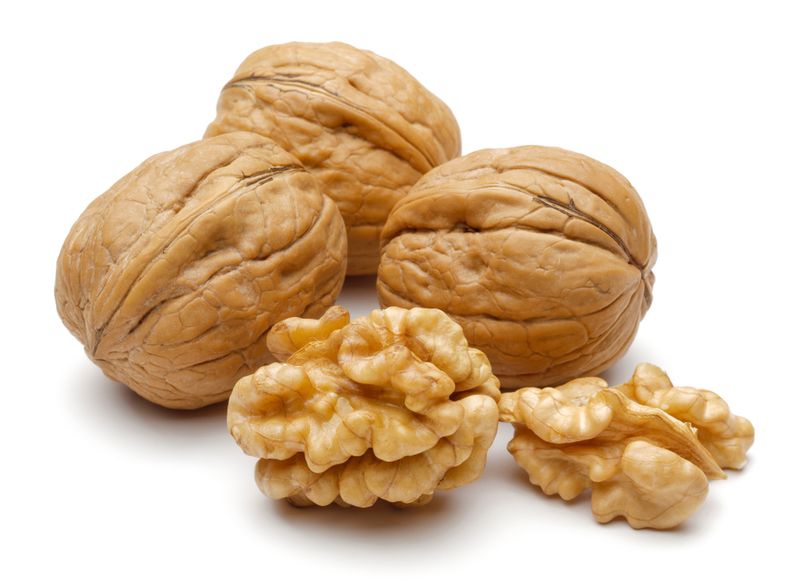
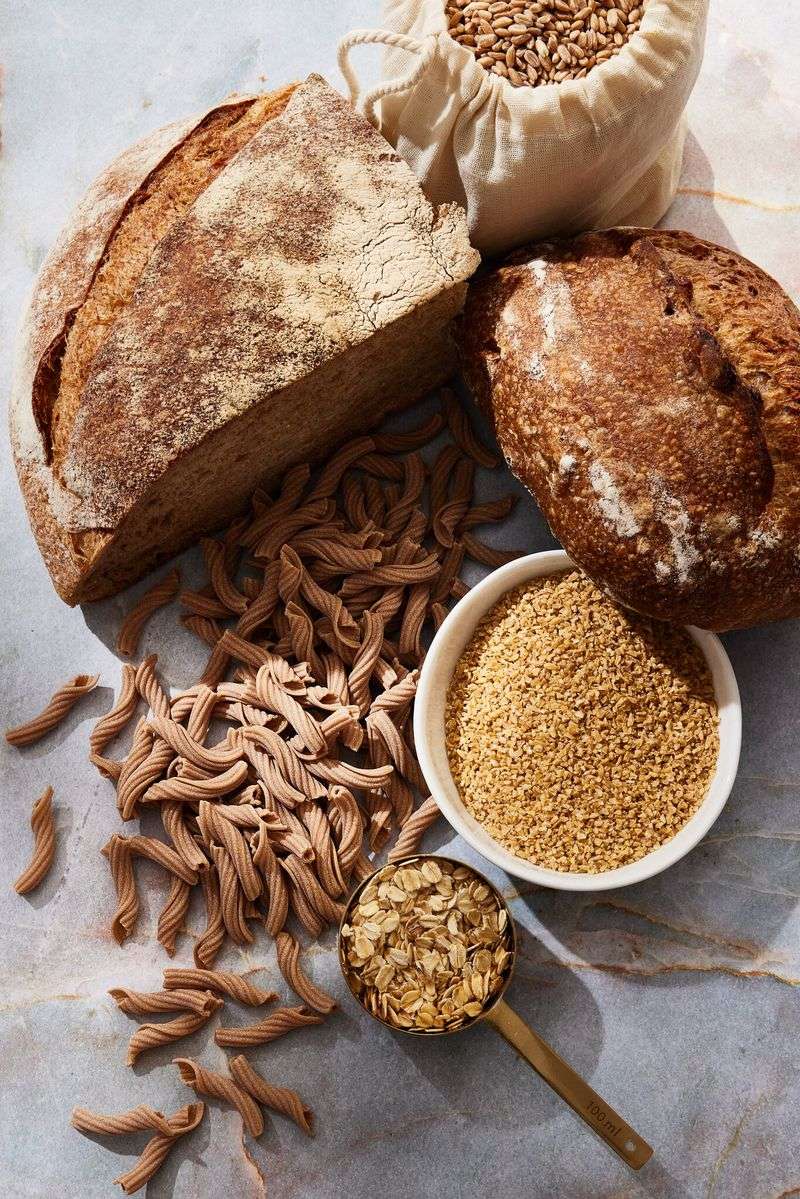




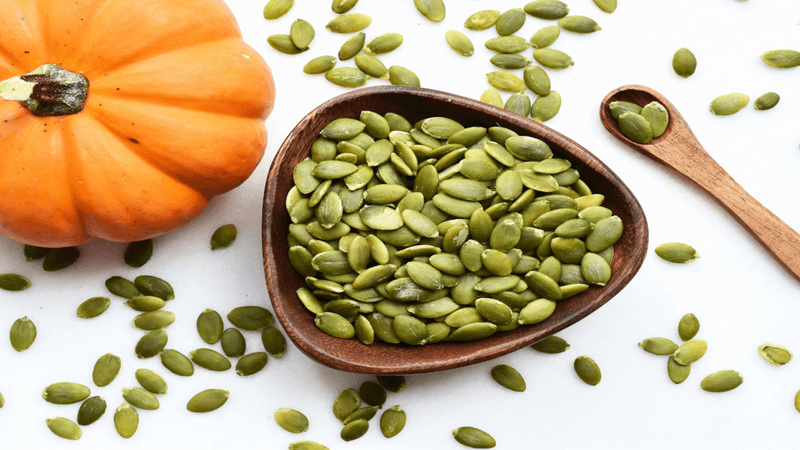


Leave a comment